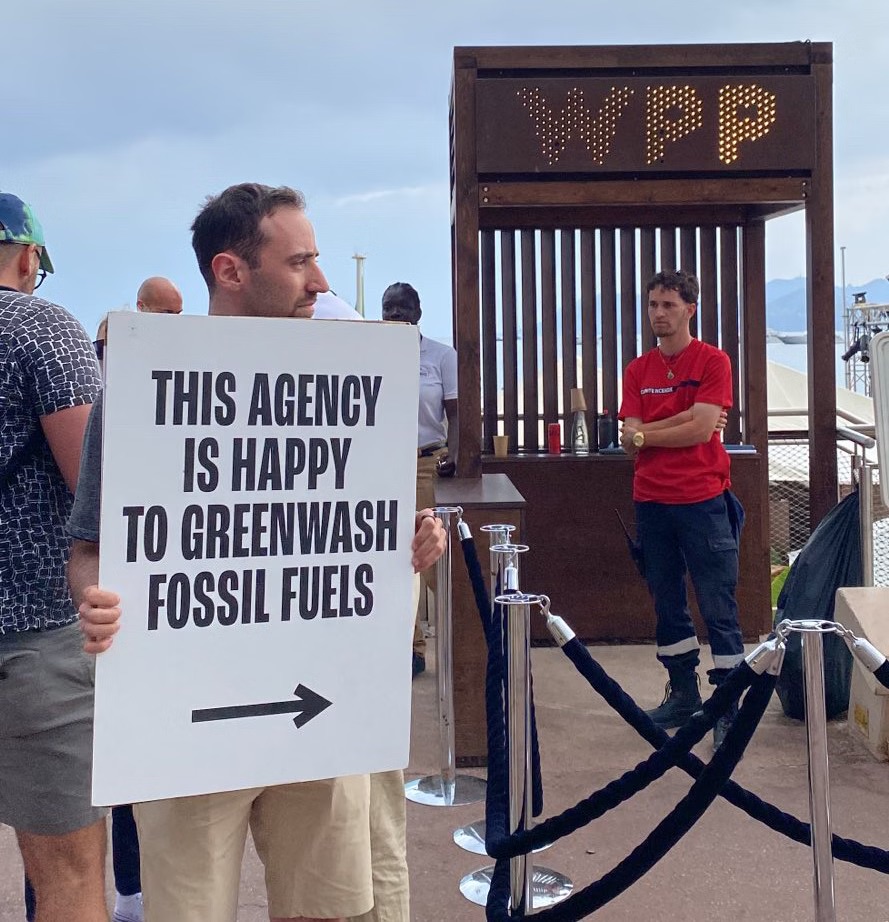Energy giant BP is the UK’s single biggest corporate lobbyist in Europe, new analysis by Lobby Facts reveals.
As the data released on 7 March shows, BP spent between £2.23 million and £2.3 million (€ 2.75m – € 2.99m) in lobbying European policy makers on energy and climate issues in 2014, the most recent figures available.
This represents a substantial increase, almost doubling BP’s declared lobby spend for the previous year, when it spent up to £1.16m (€ 1.5m).
The analysis by Lobby Facts – a joint initiative by transparency watchdogs Corporate Europe Observatory and LobbyControl – is based on a “cleaning” up of the EU’s voluntary Transparency Register for inaccurate or misleading lobby-spend entries. According to estimates by Transparency International, about half of the data on the EU’s register is flawed.
Paris Climate Deal
The data also shows that in the past year leading up to the Paris COP21 climate conference, BP held 24 meetings with senior European Commission members, including nine with Miguel Arias Cañete, climate and energy commissioner, or members of his team.
This is significantly more than any of the other 15 top UK-based corporations lobbying Brussels according to Lobby Facts’ data.
Most of these meetings were concerning the southern gas corridor – an initiative by the European Commission to supply gas from the Caspian and Middle Eastern regions to Europe in which BP has a stake – and the energy union, which aims to create a fully-integrated internal European energy market.
Other noteworthy meetings include a discussion on “EU Environmental Policy” on 22 July 2015 with Joachim Balke, a cabinet member in Cañete’s team, and a 6 June 2015 meeting with Director-General for Climate Action Jos Delbeke on the “role of private business and carbon pricing in climate action.”
These meetings were around the same time that BP, along with other energy giants, published a letter in the Financial Times in June calling for “widespread and effective” carbon pricing to be part of the Paris deal.
Then, last October BP joined nine other energy companies in issuing a statement saying they would “play their part” in battling climate change, including helping limit warming to 2C. However, this pledge did not bring forward the call for a carbon price as included in the June letter.
The data also shows that less than two months prior to the December 2015 climate conference BP lobbyists met with Michael Karnitschnig, chief of staff to EU Commissioner for neighbourhood policy and enlargement negotiations Johannes Hahn, on 22 October to discuss “international energy issues” and then met Balke on 9 November to talk about “energy infrastructure.”
Photo: Bill Harrison via Geography
Subscribe to our newsletter
Stay up to date with DeSmog news and alerts







